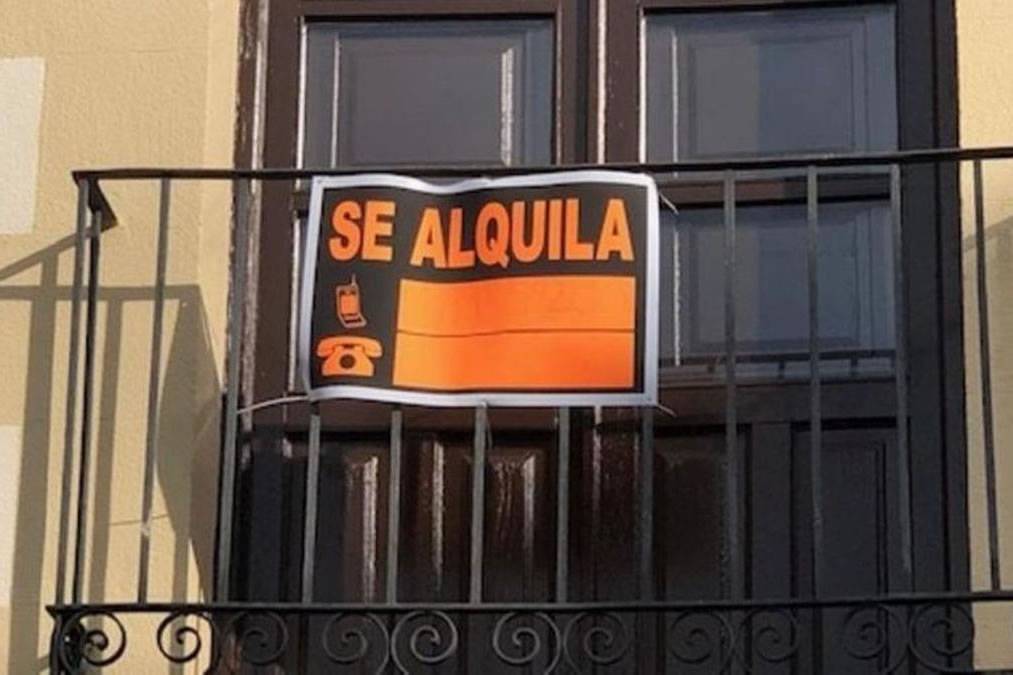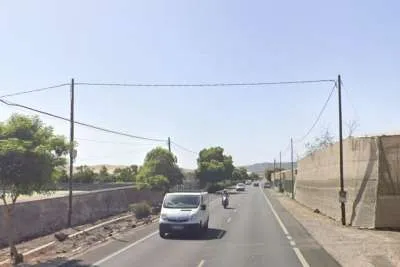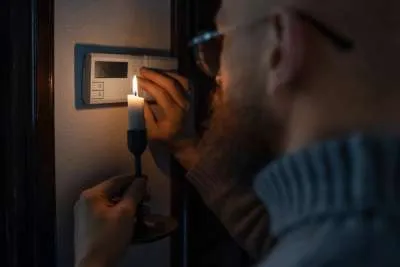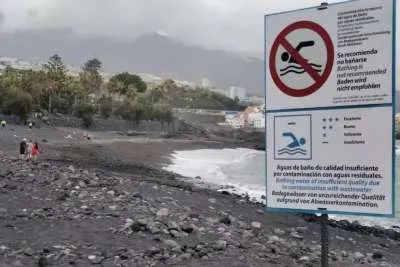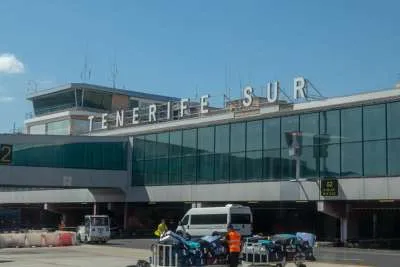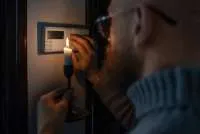As many landlords want to ‘kick out’ tenants, here are your contractual rights
- 30-09-2024
- Business
- Canarian Weekly
- Photo Credit: Stock image
Finding a residential rental property in the Canary Islands has become increasingly difficult, with landlords often implementing strict selection processes to choose tenants. Given this, many renters aim to remain in their current homes once their lease nears its end. Luckily, under current laws, tenants have certain rights, as long as they don't default on their rent, that allows them to extend their lease even if the landlord is unwilling to renew it.
Lease Duration and Automatic Renewals
According to the Ministry of Housing and Urban Agenda (Mivau), the duration of rental contracts is freely agreed upon by both parties. However, for contracts signed after March 6th, 2019, if the agreed-upon term is less than five years (when the landlord is an individual) or seven years (if the landlord is a legal entity, ie company), the lease will automatically extend to reach those five or seven years, renewed annually.
Previously, the automatic renewal period was only three years. The law also states that tenants must inform the landlord at least 30 days before the contract ends if they do not wish to renew, as outlined in Article 9 of the Urban Leasing Law (LAU).
Further Extensions After Initial Period
After the initial five or seven years, the contract can be further extended for up to three additional years, with annual renewals, unless either party has given notice of their intention not to renew. This represents a significant change from the previous law, which only allowed for a one-year extension after the initial term.
Conditions for Renewal and Exceptions
To summarise, if you have lived in your rental home for less than five years, your contract will automatically renew until you reach the five-year mark. If the landlord doesn't want to renew within this period, you are entitled to remain in the property until the end of the term.
Landlord’s Right to Recover the Property
The landlord cannot reclaim the property before the end of the lease unless in specific circumstances. The main exception is if the landlord or their immediate family (parents, children, or spouse) needs the home for personal use. In such cases, the landlord must give the tenant at least two months' notice, and this condition must have been stated in the original lease.
Additionally, if the contract is approaching the five-year mark and the landlord wishes not to renew, they must notify the tenant at least four months in advance. If this notice isn’t given within the required timeframe, the contract will automatically extend for another three years, as outlined in Article 10 of the LAU.
Tenant’s Right to Non-Renewal During the Three-Year Extension
During the three-year extension, the tenant may also choose not to renew the contract, provided they notify the landlord at least one month before the end of any annual term. If the tenant fails to give notice, the landlord must formally communicate the decision to terminate the lease, as specified by Article 10 of the LAU.
The Ministry of Housing emphasises that tenants have the right to communicate their intention not to renew the contract at least one month before the expiration of any annual renewal during the three-year extension period.
This regulatory framework provides significant protection for tenants, ensuring that they can remain in their rental homes under certain conditions, even if the landlord wishes otherwise.
Other articles that may interest you...
Trending
Most Read Articles
Featured Videos
TributoFest: Michael Buble promo 14.02.2026
- 30-01-2026
TEAs 2025 Highlights
- 17-11-2025


